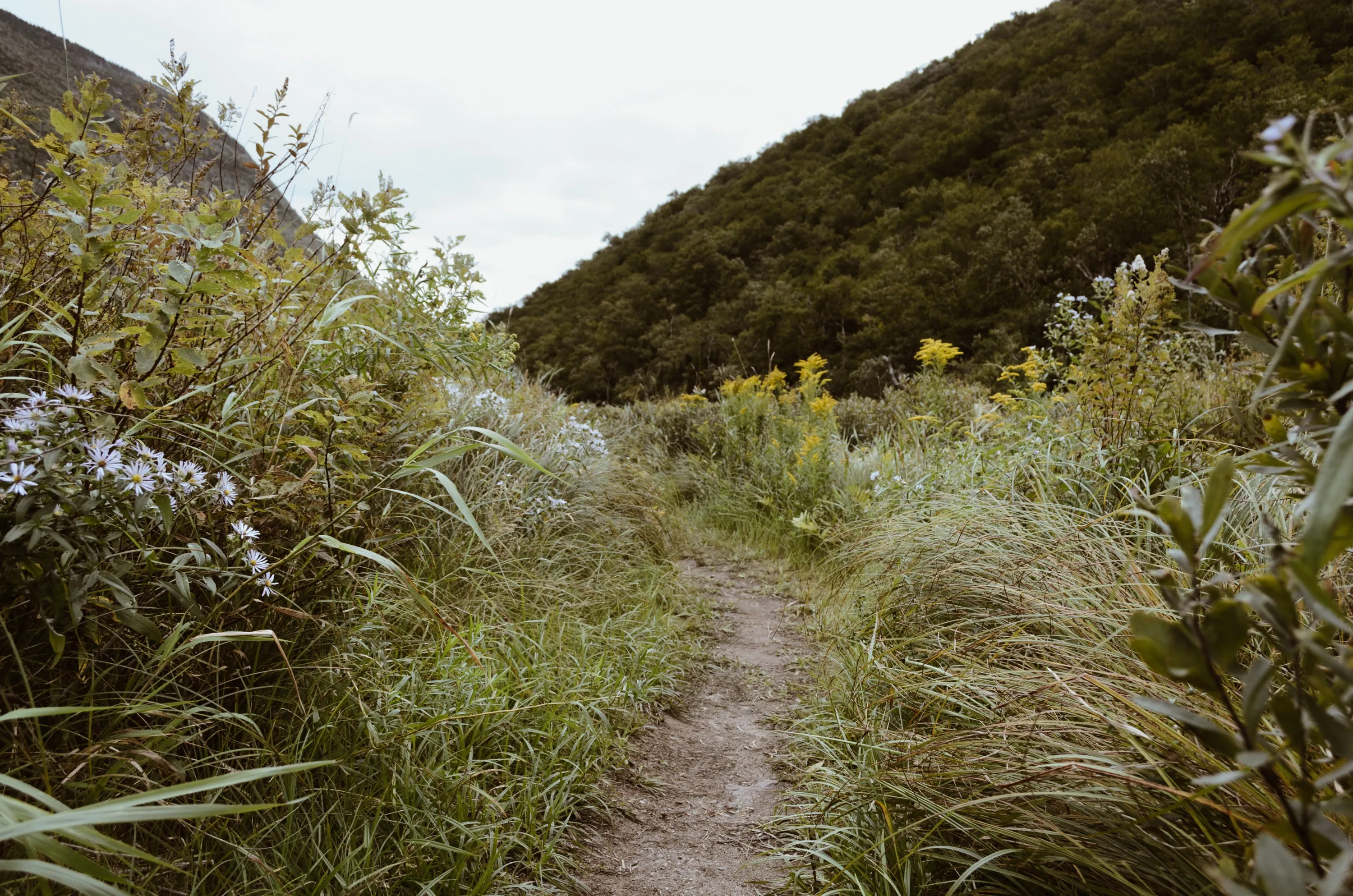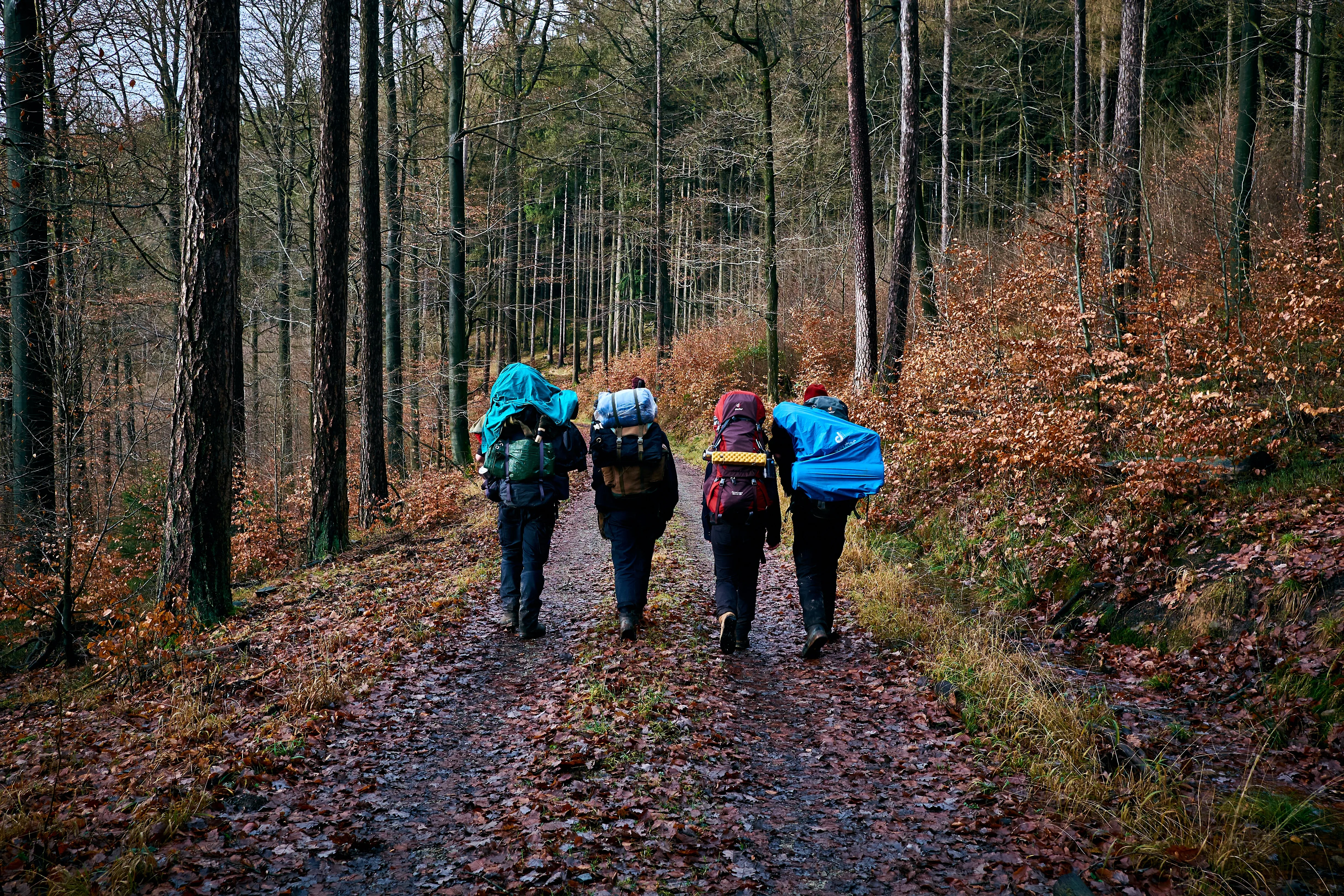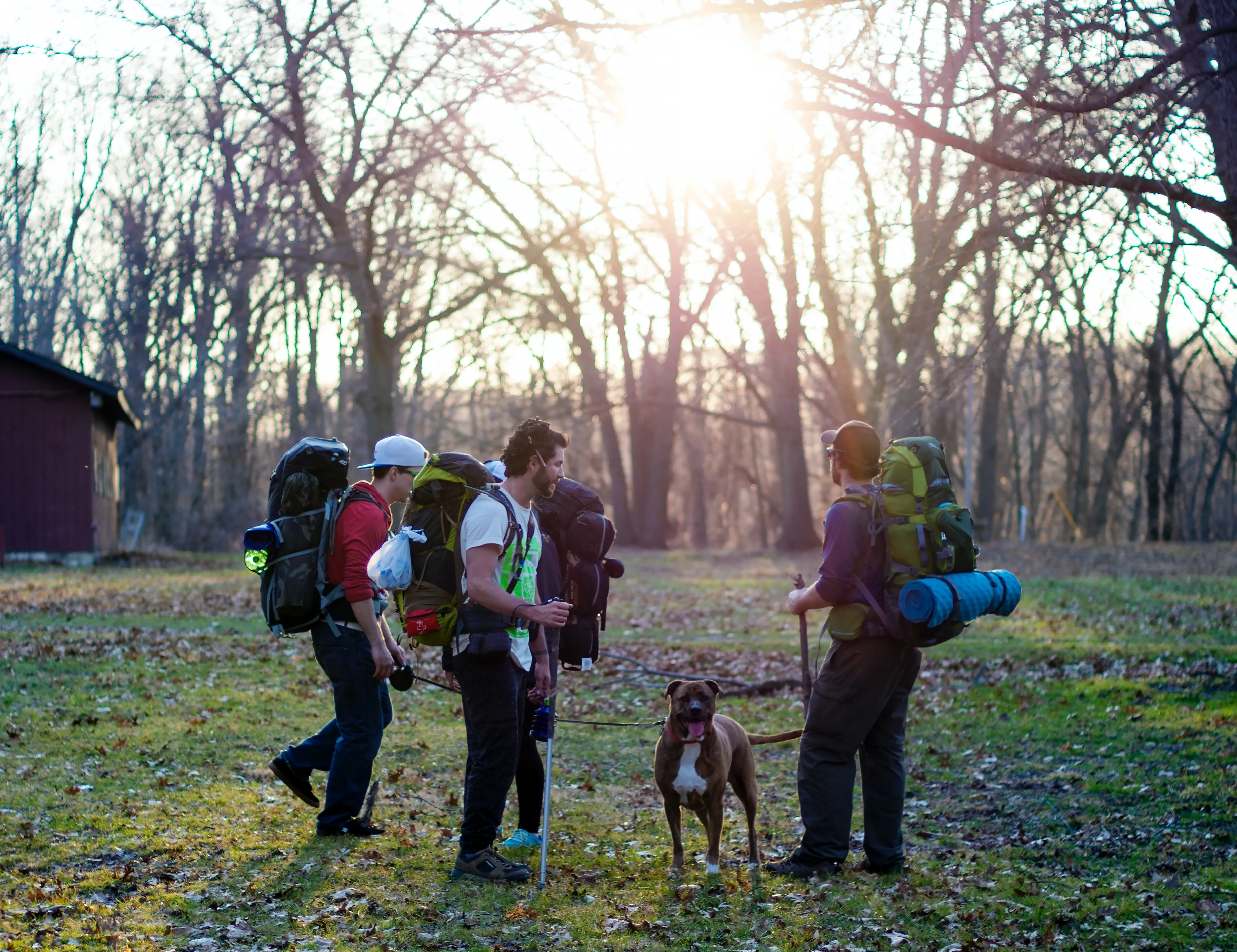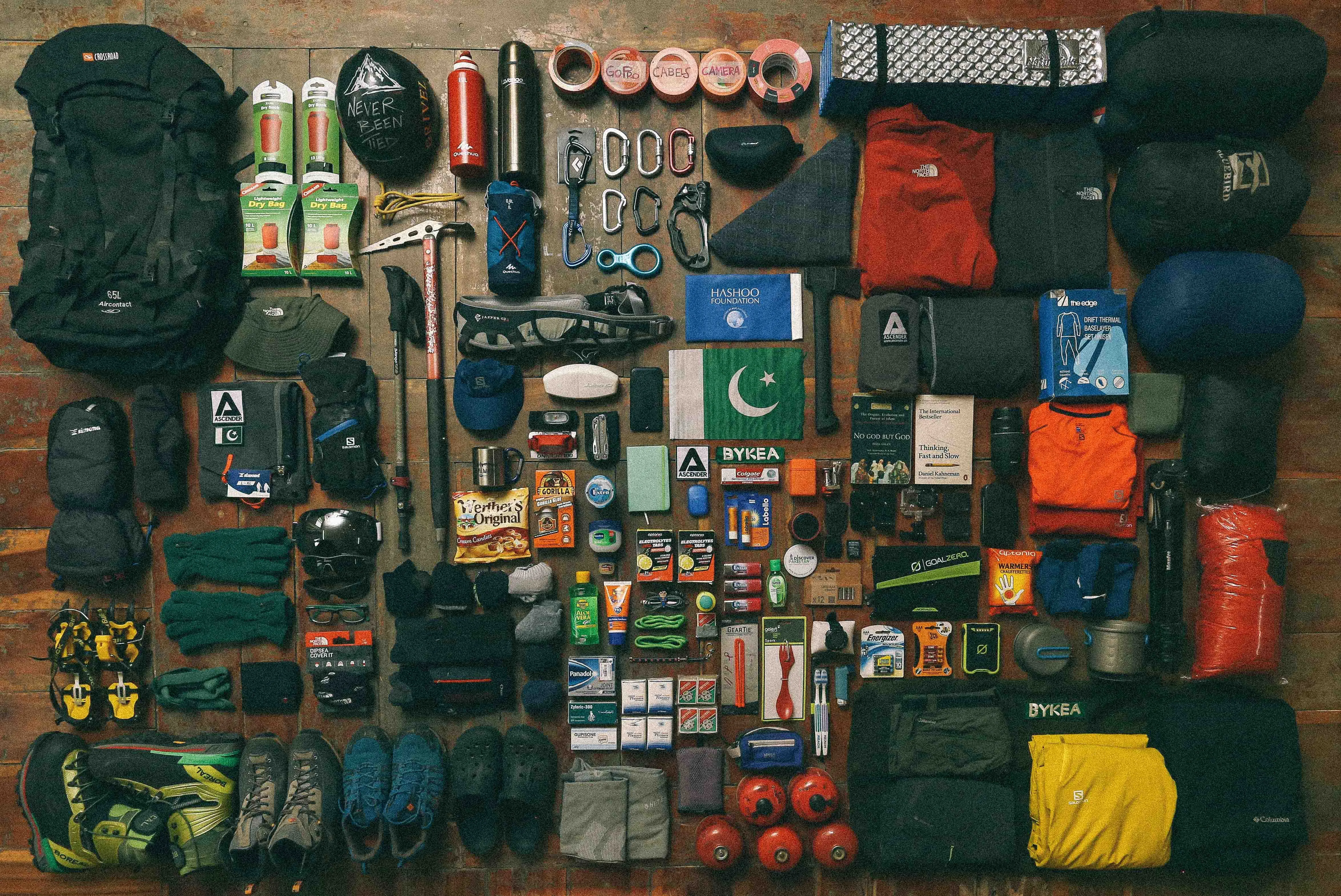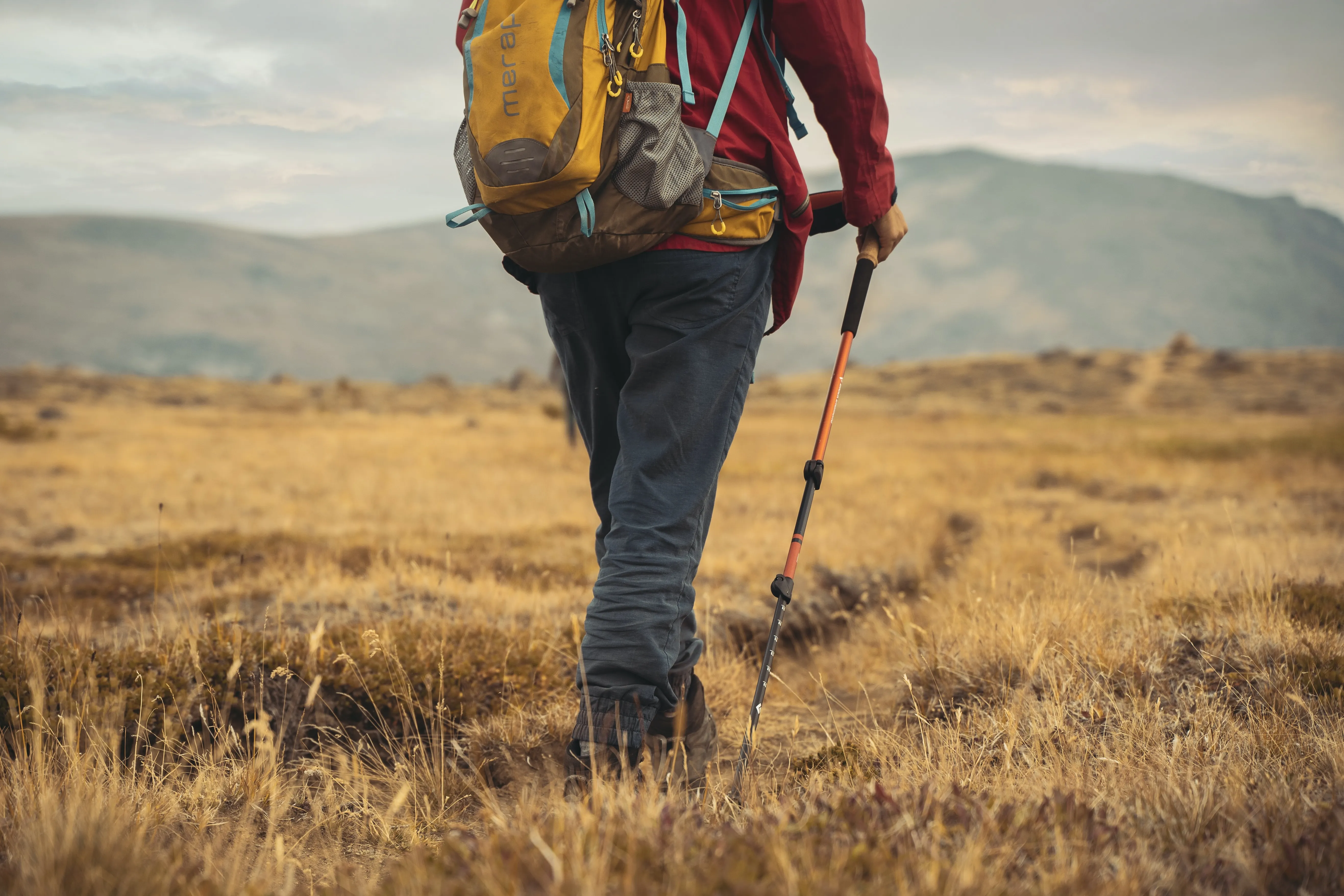Trail First Aid: Navigating Wilderness Emergencies with Confidence
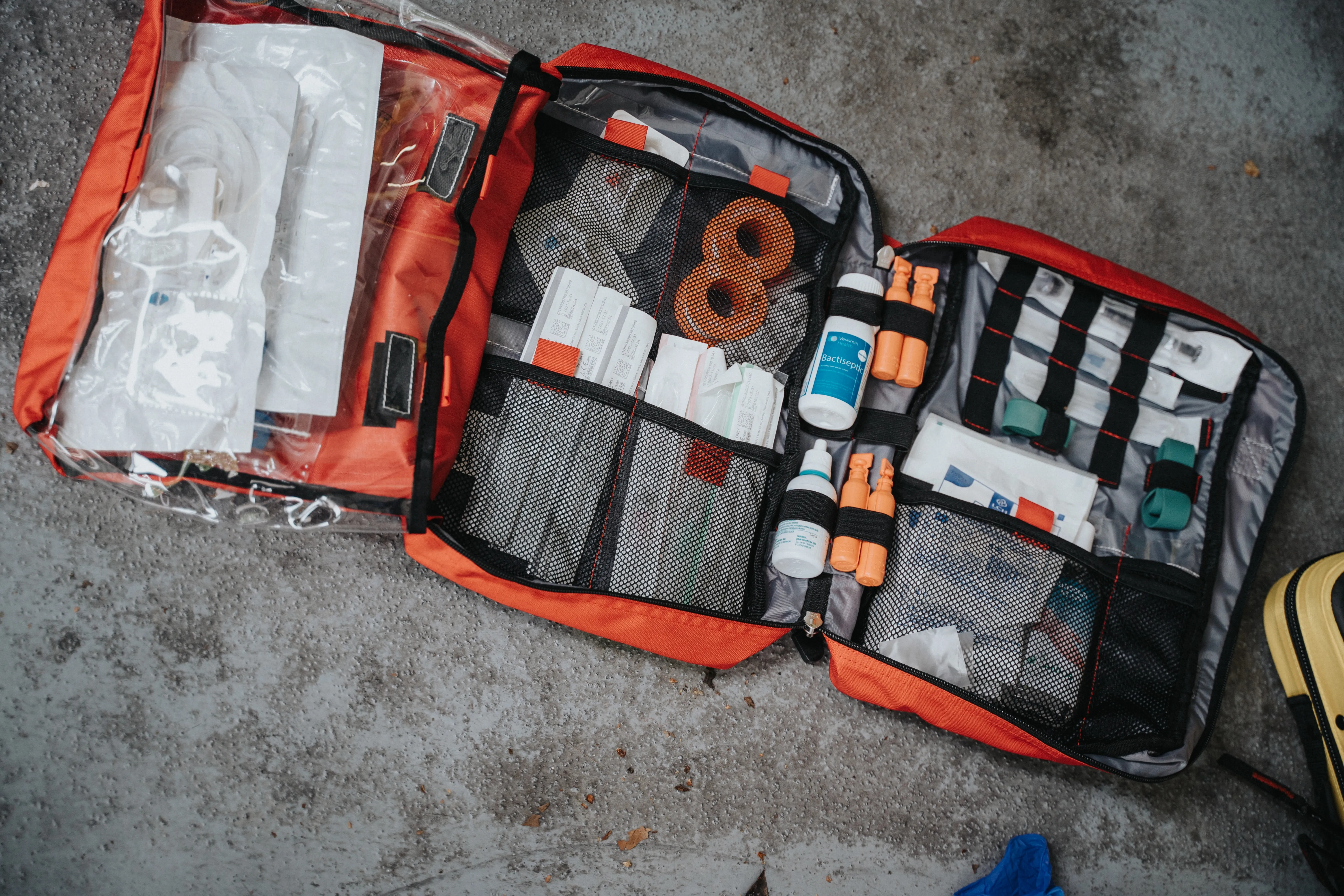
Hiking invites us into the wild heart of nature, a realm of enchanting landscapes and unexpected challenges. While every stride on the trail brings us closer to nature's beauty, it's essential to prepare for the potential hitches along the way. This comprehensive guide outlines essential first aid skills and what to include in a hiking first aid kit, empowering you to deal with emergencies in the wilderness with confidence.
Understanding Wilderness First Aid
Wilderness first aid involves emergency care given in remote settings where definitive medical care is not immediately available. It's a crucial skill for hikers and can be a game-changer in emergency situations.
Essential First Aid Skills for Hikers
Knowing how to respond to common injuries or health issues on the trail can be lifesaving:
1. Basic CPR: Cardiopulmonary resuscitation (CPR) can be critical in certain emergencies.
2. Treating Cuts and Scrapes: Clean the wound with water, apply antibiotic ointment, and cover with a bandage.
3. Sprain and Fracture Care: Know how to use a splint or bandage to immobilise an injury.
4. Heat Exhaustion and Hypothermia: Learn to recognise and treat temperature-related conditions.
5. Tick Removal: Ticks can carry diseases, so knowing the proper removal technique is essential.
Building Your Hiking First Aid Kit
Your first aid kit should be compact yet comprehensive, containing these essentials:
1. Wound Care Items: Include adhesive bandages, sterile gauze pads, adhesive tape, and antiseptic wipes.
2. Tools: Tweezers for splinter or tick removal, scissors for cutting tape or clothing, and a thermometer for checking body temperature.
3. Medication: Antihistamine for allergic reactions, pain relief medication, and any personal prescription medicines.
4. Emergency Supplies: A compact emergency blanket, whistle, and headlamp can be crucial in survival situations.
5. Information Card: A card with emergency contact numbers, personal identification, and any pertinent medical information.
Armed with first aid knowledge and a well-stocked kit, you're prepared to navigate the uncertainties of the trail. Remember, these skills are not just about addressing emergencies; they're also about preventing potential mishaps through awareness and preparedness. As you venture onto the trail, first aid kit snug in your backpack, remember, every hike is not just a journey through the wild; it's also a journey towards becoming a better, more prepared adventurer. Here's to safe and exciting hiking adventures!

